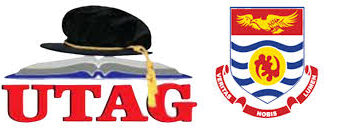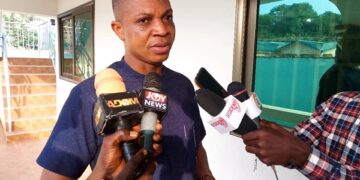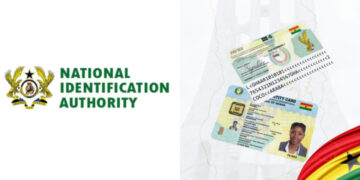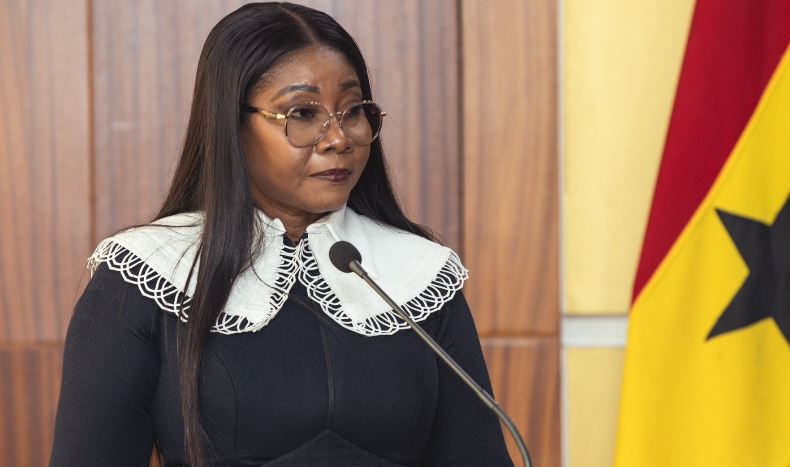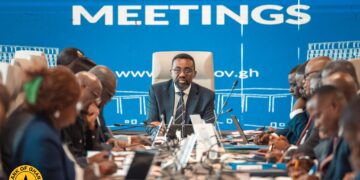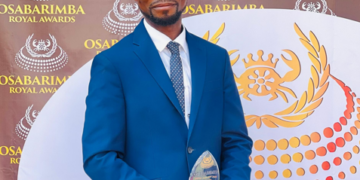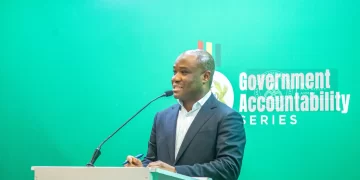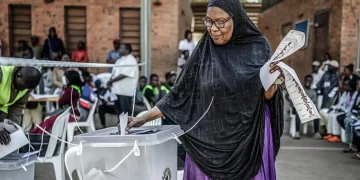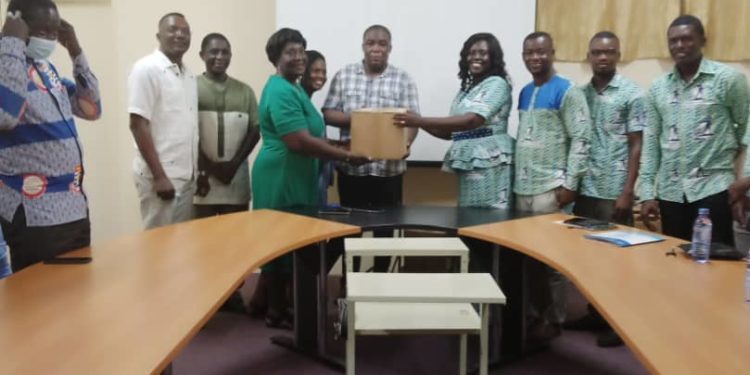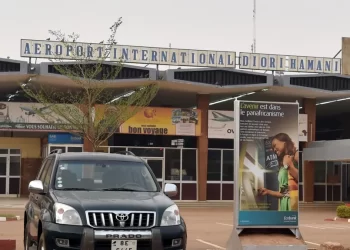The Bible Society of Ghana (BSG) has donated braille Bibles to the Resource Centre for Alternate Media and Assistive Technology (RCAMAT) of the Sam Jonah Library here at the University of Cape Coast to aid the visually impaired students at the centre to have easy access to the written Word of God.
According to the Society, it is their objective to provide Bibles for everyone including those who are physically challenged thus the decision to donate the Bibles.
At a donation ceremony in UCC, the Acting Central Regional Manager of the Bible Society of Ghana, Mr. Andrew Ntsiful said with the Braille Bibles, the visually impaired students will be well equipped to propagate the Gospel of Christ.
“The project seeks to provide the blind with easy access to Scripture in braille and also encourage them to use the Bible to win souls, he intimated.
Read Also: Education in Africa should be reformed to help Africa gain its Independence
Mr. Ntsiful said the vision of the BSG is not to deny anybody of a Bible adding “this is why the Bible society decided to also provide a braille Bible for our brothers and sisters who are visually impaired in other for them to also have the Scripture.”
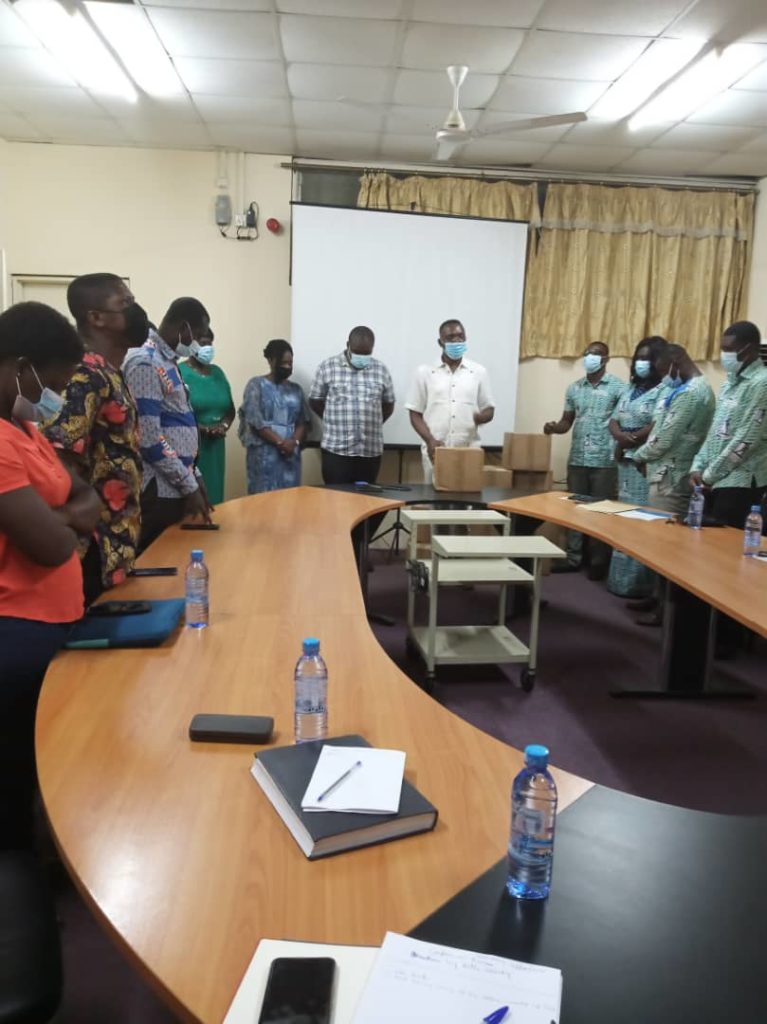
Receiving the Bibles, the University of Cape Coast Librarian, Dr. Mac-Anthony Cobblah expressed sincere gratitude to the Bible Society and stated that even though the Bible will be made available for public use, it will be well preserved for future generations to also have access to it.
“We are happy to receive this braille Bible and since we are Librarians, we know how best to keep these things. Thus, we can assure you that this resource will be well processed and well-kept for posterity. We can assure you that when you come here in 10 years to come you will come and meet the braille Bible here.”
He added “we will not lock the Bible up in a room so that the people it is meant for do not have access to it. We will ensure that as the students come back this will be made available to them. And as librarians, we also monitor to see how best the Bible is being used so that if the students encounter any challenges in using it, we address them.”
SOURCE: ROSE ASMAH & PRISCILLA SERWAA ODURO



